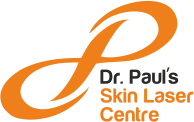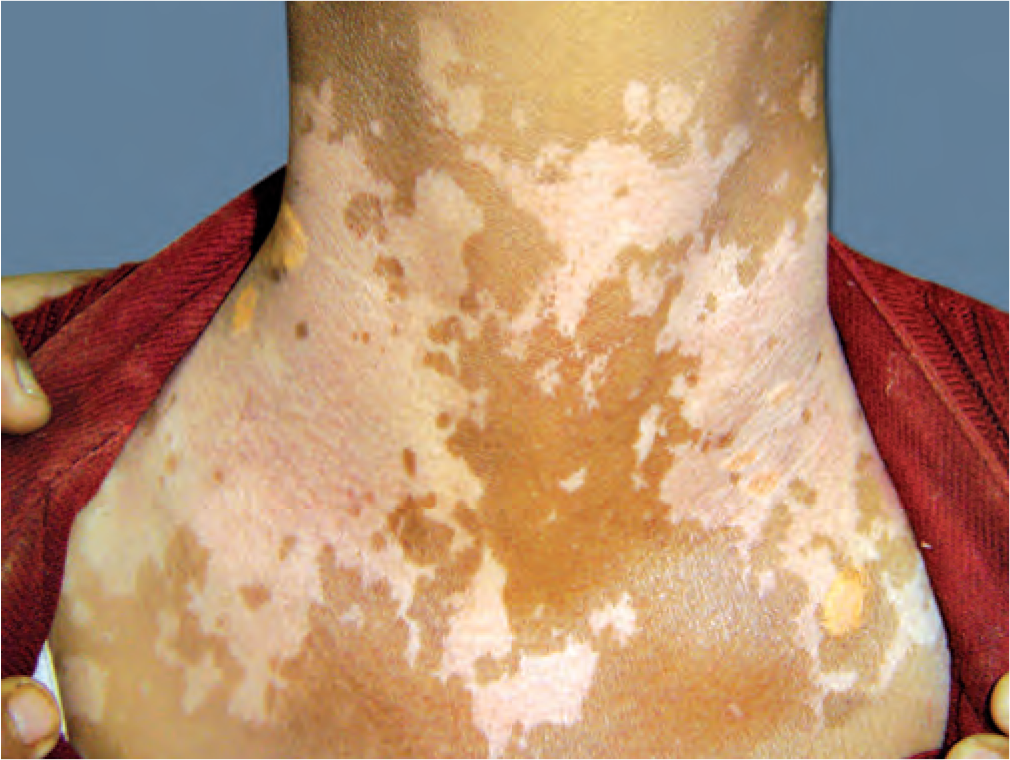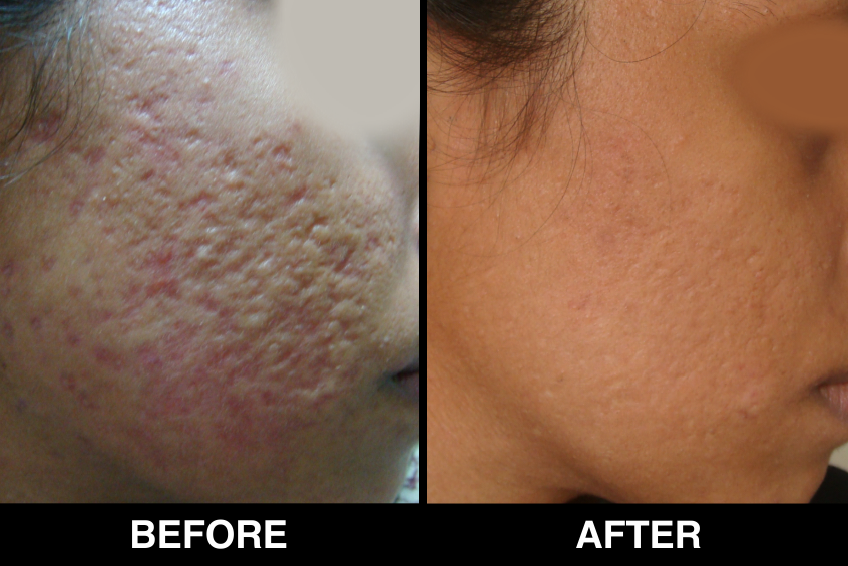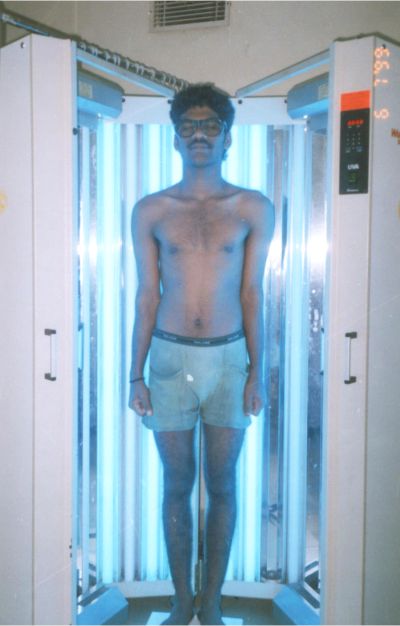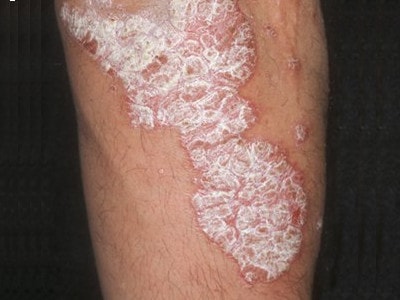What Is The Difference Between Psoriasis And Eczema?
If you have red, inflamed, dry, and itchy skin, you could have a skin condition that looks similar to either eczema or psoriasis. But, how would you know the difference? While the symptoms of both these skin conditions may look alike, there are a few underlying differences.
On the one hand, psoriasis is a chronic autoimmune skin condition that causes a rapid buildup of skin cells on the skin’s surface, resulting in scaling. It causes skin inflammation and redness, and it may even cause the red patches to crack and bleed. On the other hand, eczema is a skin condition that causes redness and itching. It is most common in children, but it can happen to anyone at any age. This skin condition is chronic, meaning it lasts a long time and can flare up at any time.
Today, you will learn more about these two skin conditions and their differences, their causes, and the best way to treat them.
Eczema Vs Psoriasis: Pictures
Psoriasis gets distinguished by a thick patch of white scales. It is a chronic autoimmune disease that causes an overgrowth of skin cells. The dead cells clump together to form silvery-white flakes. The skin becomes inflamed and red, resulting in severe itching. Some topical, light-based, and systemic pharmaceutical treatments can bring the condition to a halt.
Eczema, also known as atopic dermatitis, is a chronic skin condition. It happens as a result of a hypersensitive reaction, and infants are more prone to it. The skin may become red, inflamed, peeling, cracked, blistered, or pus-filled. Eczema, like psoriasis, can appear anywhere on the body and cause intense itching.
Eczema Vs Psoriasis: Symptoms
When it comes to eczema or atopic dermatitis, the common signs and symptoms include the following:
- Dry skin
- Severe itching
- Swollen and sensitive skin due to scratching
- Scaly, cracked, thickened skin
- Red or brown patches on the wrists, hands, neck, and face, ankles, feet, upper chest, and even the inner bend of elbows and knees, and sometimes the scalp (especially in infants)
- Pus, seen as small bumps which could leak fluid
In the case of psoriasis, you can identify it by the following common signs and symptoms:
- Red patches with white scales
- Small, red spots or scales
- Dry skin, which cracks and bleeds
- Soreness, itching, and burning sensations around patches
- Thickened, ridged, or pitted nails
- Swollen and stiff joints
Psoriasis typically appears on joints such as the elbows and knees, but it can also appear on the hands, feet, neck, scalp, and face.
Eczema Vs Psoriasis: Who Is Affected?
Eczema
Essentially, healthy skin retains moisture while also forming a protective barrier against irritants, allergies, and bacteria. This protective layer of the skin gets compromised in the case of eczema due to a gene variation that affects your skin’s ability to protect itself. As a result, external environmental factors can affect your skin and cause eczema. Food allergies can also play a significant role in the development of eczema in children.
Psoriasis
Although specific causes of Psoriasis are unknown, the disease can get attributed to two general factors. First, consider your immune system. When your white blood cells, meant to fight bacteria and infections, mistakenly attack your skin cells, the skin production process accelerates. It can result in Psoriasis.
Second, your ancestors’ genes or heredity. Certain specific genes are passed down to some people, making them more prone to Psoriasis. So, if you have an immediate family member who has or had Psoriasis, you have a good chance of getting it as well.
Eczema vs Psoriasis: What Causes Them
Damage to the protective layer of your skin can lead to eczema. A gene variation can compromise your skin’s protective layer, thus allowing environmental factors, such as allergens, irritants, and bacteria, to enter the skin’s surface. It leads to several signs and symptoms of eczema, making it uncomfortable. In children, food allergies may also play a part in causing eczema.
In psoriasis, while the specific causes remain unknown, two factors can lead to this skin condition – immune system and genetics. In the former, the white blood cells tend to attack your skin cells leading to accelerated skin production, thus causing psoriasis. In the latter, if your immediate family member has psoriasis or had it in the past, your susceptibility increases.
Eczema Vs Psoriasis: How Is Each Treated?
Eczema Treatment
Eczema treatment gets determined by the severity of the condition. To control inflammation, you’ll use a topical corticosteroid and an emollient on your skin in mild to moderate cases. This type of moisturizer has an oil or cream base rather than a water base, which may cause your skin to dry out more.
If you have moderate to severe eczema, you may need to try an immune-suppressing medication. If nothing else works, your doctor may prescribe a biologic drug. You could also try light therapy (also known as phototherapy) with ultraviolet light.
Psoriasis Treatment
Psoriasis treatment can be systemic, which means it affects your entire body, or topical, which means it gets applied to your skin. You may be able to control your disease with topical corticosteroids and emollients if it is limited or mild. For more severe cases, light therapy combined with a biological drug is an option.
Eczema Vs Psoriasis: At What Age Do They Start?
Eczema typically begins in infants or young children. Symptoms often improve as a child grows older. Adults are less likely to get it, but it is possible. When this occurs, it is usually due to another condition such as thyroid disease, hormonal changes, or stress.
On the other hand, psoriasis typically appears between the ages of 15 and 35. However, it is possible to get it at any age. It is unusual for a baby to have it.
Eczema vs Psoriasis: Where They Show Up
Eczema frequently appears on foldable parts of your body, such as your inner elbow or behind your knees. It can develop around your neck, wrists, and ankles. It can get on a baby’s chin, cheeks, scalp, chest, back, arms, and legs.
Psoriasis can appear on your elbows, knees, scalp, or face. It can develop on your lower back, the palms of your hand, and even the soles of your feet.
Eczema Vs Psoriasis On The Face, Head & Scalp
Eczema On The Face, Head & Scalp
Eczema on the face, head, and scalp can be painful. The patches can be extremely itchy, causing further skin damage. Itching can cause skin breaks, which can lead to bleeding or infection. Eczema-related dryness can result in cracked skin as a result of general movement. Pus-filled blisters are a common symptom of eczema. Scratching can cause pus to ooze from the skin, resulting in crusty and scabbed patches. You can treat eczema on the face and scalp topically, but you may require the use of systemic medications.
Psoriasis On The Face, Head & Scalp
Although psoriasis is most common on the knees and elbows, it can appear anywhere. It includes the skin on the face, scalp, head, and neck. It usually clears up with treatment, but it can reoccur. In many cases, psoriasis of the scalp spreads to the forehead, ears, or neck. It can get difficult to treat, especially when your hair is in your way.
Eczema Vs Psoriasis On The Hands & Palms
Eczema On The Hands & Palms
Eczema on the hands and palms is quite a common condition. Because the hands frequently come into contact with soaps, lotions, fabric, animals, and other allergens or irritants. Hand washing regularly can further dry out the skin of people suffering from eczema. Because of the constant contact with water and other irritants, eczema on the hands can get hard to treat.
Psoriasis On The Hands & Palms
You may have psoriasis patches on the backs of your hands and knuckles, but others have outbreaks on their palms. Even simple actions, such as washing hands or picking up a bag, can be painful and uncomfortable due to intense peeling and dry skin on the hands.
Eczema Vs Psoriasis On The Legs
Eczema On The Legs
Eczema on the legs gets found in body creases. You will find it affect the back of the knee or the surface of the ankle. These areas may collect sweat or irritants from clothing and the environment. Close contact with irritants and skin rubbing together creates an ideal environment for eczema to thrive.
Psoriasis On The Legs
Psoriasis gets commonly found on the legs and knees. Although some types of psoriasis can cover large areas of the legs, others appear in isolated patches.
Eczema Vs Psoriasis On Other Body Parts
Eczema On Other Body Parts
Eczema can appear in a variety of inconvenient places, particularly in infants. Diapers and baby lotions can irritate sensitive skin, resulting in severe diaper rashes. Eczema can cover the entire area that comes into contact with a diaper in some cases.
Adults suffering from eczema in sensitive areas may need to switch laundry detergents, cleansers, and fabrics.
Psoriasis On Other Body Parts
Psoriasis can appear in the most inconvenient places. Larger, more solid patches of smoother skin are more common in affected areas than in typical psoriasis. It is most likely due to the increased moisture in these areas.
Eczema Vs Psoriasis: The Differences In Appearances
Eczema
Eczema causes your skin to become red and inflamed. It could be scaly, oozy, or crusty. You may notice rough, leathery patches that are occasionally dark. It can also result in swelling.
Psoriasis
Red patches can also appear as a result of psoriasis. They may be silvery and scaly but can appear raised. However, if you look closely, you will notice that the skin is thicker and more inflamed than in eczema.
Eczema And Psoriasis: Similarities
When it comes to similarities, both conditions can cause red, itchy skin and other similar symptoms. However, the causes remain different and require different treatments. As a result, it’s critical to understand the distinctions.
Psoriasis is a condition that occurs when a person’s immune system causes skin cells to grow more quickly than they should. Instead of falling off the skin, dead skin cells accumulate on it. A variety of factors can contribute to eczema. Environmental factors, bacterial exposure, allergens, and family history are examples of these.
Eczema Vs Psoriasis: FAQs
Since both these skin conditions have similar signs and symptoms, the ambiguity and questions surrounding them can be plenty. So, here is an answer to your most commonly asked questions.
Q1. Is eczema and psoriasis the same thing?
Eczema and psoriasis have similar symptoms and appearances. However, the underlying differences chalk out the division between the two. The causes of eczema include environmental factors, family history, and allergens, among others. Psoriasis occurs due to a damaged immune system that accelerates the build-up of skin cells.
Q2. Are eczema and psoriasis contagious?
Neither eczema nor psoriasis is contagious. However, you can develop either of these skin conditions due to family history or genetics. Both can cause patches of red, raised, itchy skin and can appear in the same places of the body.
Q3. Is eczema and psoriasis hereditary?
While heredity isn’t the only cause, eczema can occur due to family history or genetics. Psoriasis, on the other hand, appears due to the accelerated build-up of skin cells. It is related to the immune system.
Q4. Is eczema and psoriasis autoimmune?
Atopic dermatitis, also known as eczema, is caused primarily by an allergic reaction, whereas psoriasis is an autoimmune disease.
Q5. Can eczema or psoriasis cause hair loss?
Hair loss can occur as a result of scalp psoriasis, but it is only temporary. Scratching your head may help relieve itching caused by scaling. Your hair may fall out as a result of this.
Eczema causes a rash to break out, resulting in itching. Excessive scratching can damage your hair follicles, resulting in temporary hair loss.
Summary
Although psoriasis appears and disappears over time, it is a chronic condition. Eczema patients frequently have intermittent symptoms for many years. At times, eczema is so severe that it limits activity. At times, people with eczema are unaware of their condition. Understanding the distinctions between psoriasis and eczema can assist you in recognizing and treating your condition.
At Dr. Paul’s Skin Laser Centre, you will find treatment and consultation for all your skin and hair problems with experts in the industry. With the latest technologies and equipment, you will find yourself in safe hands should you choose to opt for any specific type of therapy. Even when it comes to eczema and psoriasis treatment, you will receive efficient solutions that address all your concerns. Therefore, if you choose to opt for it, fill up our online form on the website.
Book An Appointment






